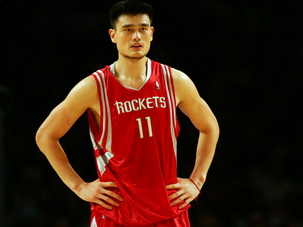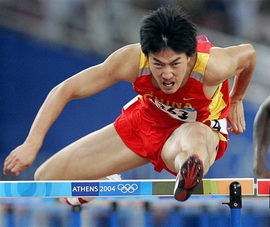
 China Tours
China Tours Tibet Tours
Tibet Tours China Theme Tours
China Theme Tours Off The Beaten Track
Off The Beaten Track Yangtze Cruises
Yangtze Cruises China Trip Planner
China Trip Planner Travel Agents
Travel Agents


We had a wonderful time in Tibet. We have learned a lot about this unique destination because of the wonderful guide Degyi who is so knowledge and always available towards our tours. We stayed at the Shangri-La Hotel Lhasa, and we would never imagine a Tibet travel could be so nice and amazing without the help of Degyi.
Also, thanks a lot to our Tibetan driver Mr.Wongdun for his safe driving and a good sense of service along the way.
We shall return Tibet in the near future!
P.B. and A. A - Europe
Tibet Travel
June 2018 (Private Tibet Journey from Kathmandu)


Traditional sports with distinct Chinese characteristics are also very popular, including martial arts, taijiquan or shadow boxing, qigong (a system of deep breathing exercises), Chinese chess and weiqi encirclement chess. Taijiquan is a kind of Chinese boxing, combining control of breath, mind and body. It emphasizes body movement following mind movements, tempering toughness with gentleness and graceful carriage. Qigong is a unique Chinese way of keeping fit. It aims at enhancing health, prolonging life, curing illness and improving physiological functions by concentrating the mind and regulating the breath. There are various entertaining and competitive sports activities in the minority-inhabited areas, for example, wrestling and horsemanship among Mongols, Uygurs and Kazaks; Tibetan yak racing; ethnic Korean "seesaw jumping"; crossbow archery among the Miao, and dragon-boat racing among the ethnic Dai ethnic minority.
 Prior to the 90s, sport in China, as in some countries of Eastern Europe, was government-funded, not market oriented. Some excellent athletes quit at the height of their careers because they were uncertain about life post retirement. The situation began to change in 1994 when Chinese soccer became the first sport to take the professionalization road and in its wake similar reforms were carried out in basketball, volleyball, table tennis and weiqi. The process brought with it prosperity; sport associations became profit-making entities and a club system came into being; professional leagues formed, improving China's sports environment; and commercial management systems took shape. The professionalization of sports has encouraged the emergence of a sports management market and business-structured systems. Sports club operations now cover ticket sales, advertising, club transfers, commercial matches, television broadcasting and other commercial activities. Another achievement of the reform is that some Chinese athletes have joined foreign professional leagues. For instance, basketball star Yao Ming joined the NBA, and some soccer players found plays in European league.
Prior to the 90s, sport in China, as in some countries of Eastern Europe, was government-funded, not market oriented. Some excellent athletes quit at the height of their careers because they were uncertain about life post retirement. The situation began to change in 1994 when Chinese soccer became the first sport to take the professionalization road and in its wake similar reforms were carried out in basketball, volleyball, table tennis and weiqi. The process brought with it prosperity; sport associations became profit-making entities and a club system came into being; professional leagues formed, improving China's sports environment; and commercial management systems took shape. The professionalization of sports has encouraged the emergence of a sports management market and business-structured systems. Sports club operations now cover ticket sales, advertising, club transfers, commercial matches, television broadcasting and other commercial activities. Another achievement of the reform is that some Chinese athletes have joined foreign professional leagues. For instance, basketball star Yao Ming joined the NBA, and some soccer players found plays in European league.
As the foundation of national fitness, the government attaches great importance to physical education at school. Schools have professional physical educators and exercise facilities and students failing to reach the required physical standards are not allowed to go on to higher schools. Spring and autumn sports meets are annual events. The National Middle School Games and National University Games are held every four years. Promising teenagers are sent to amateur sports schools to receive specialized standard training.
China Trip Planner | Travel Agents | About Us | Why Us | Contact Us | How to Pay | How to Book - Terms & Conditions | Site Map
Copyright © 2010 - 2030 All Rights Reserved.


 0086-28-85711328
0086-28-85711328 0086-28-85546015
0086-28-85546015




